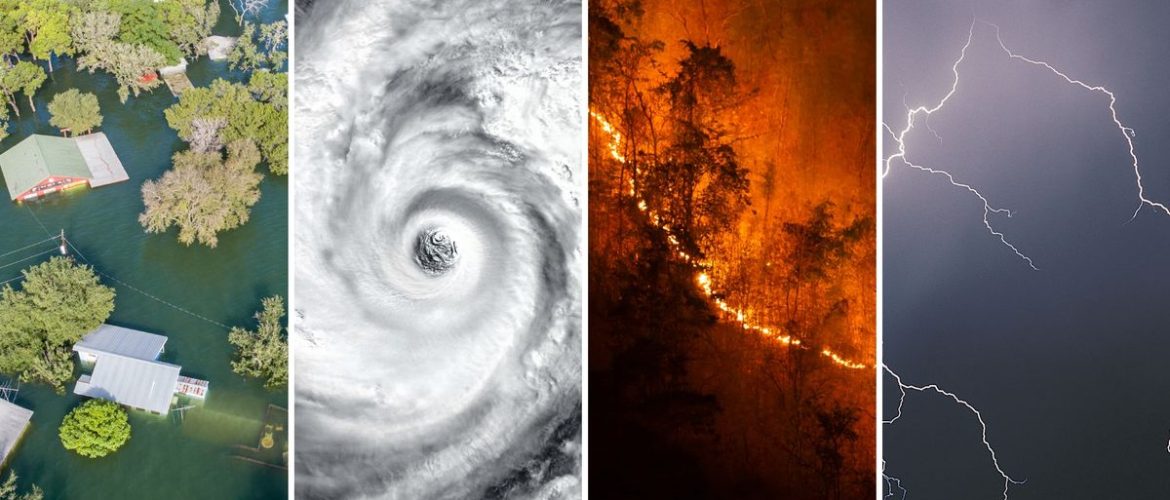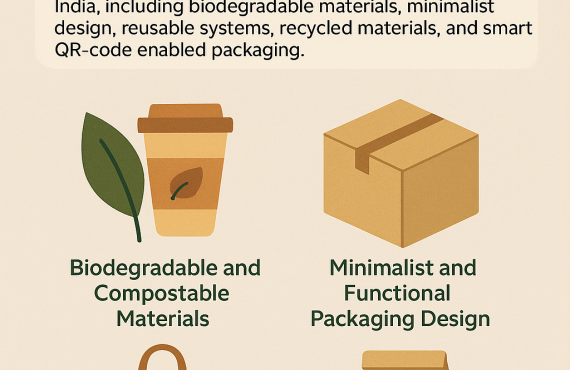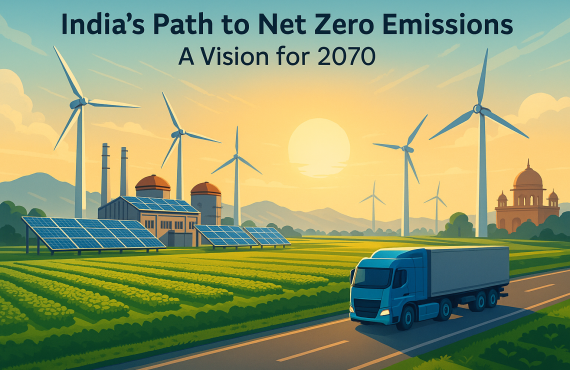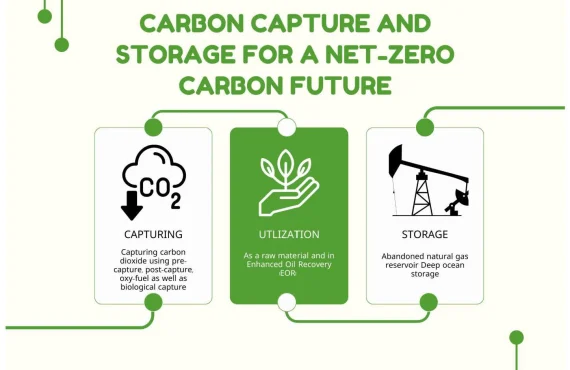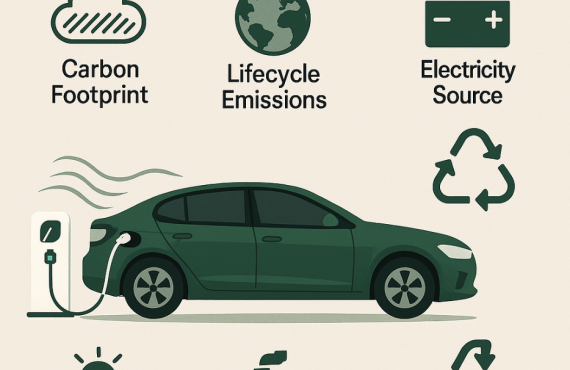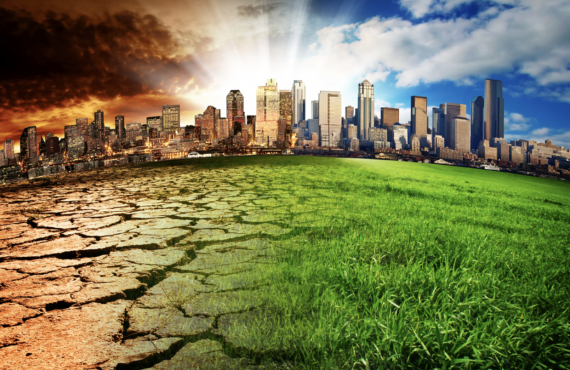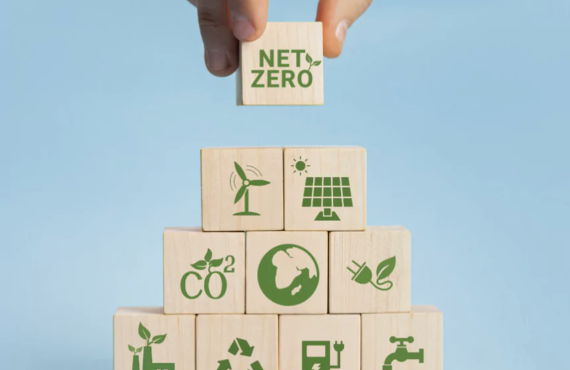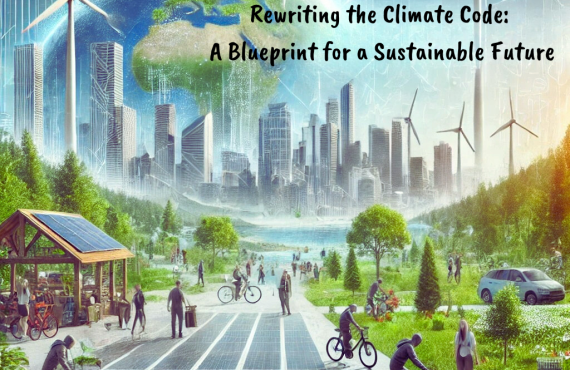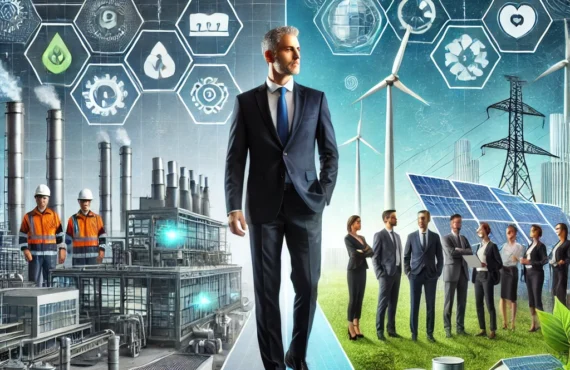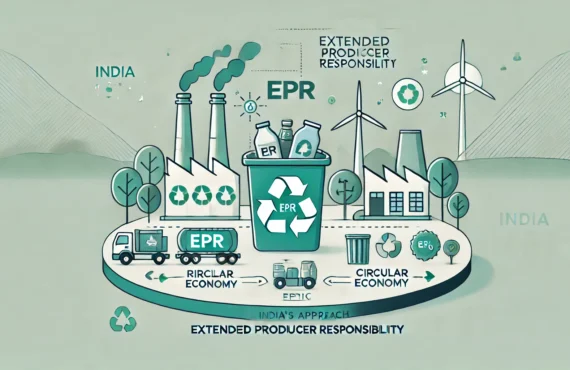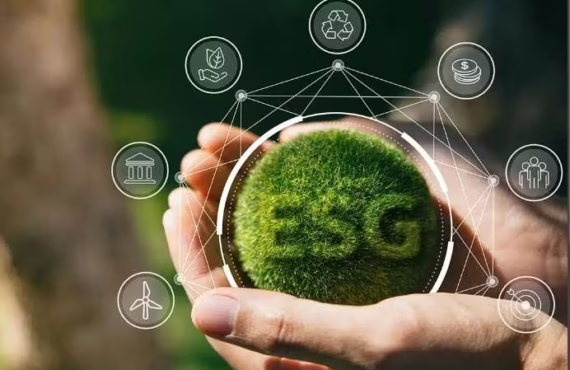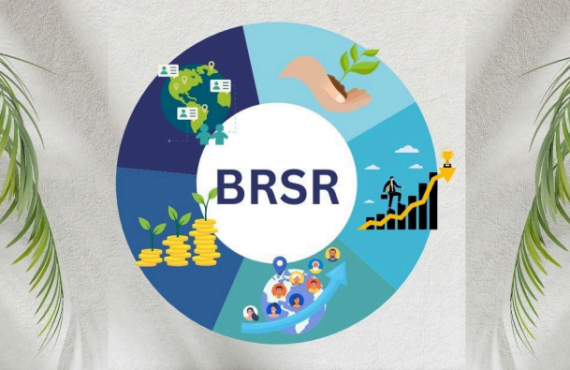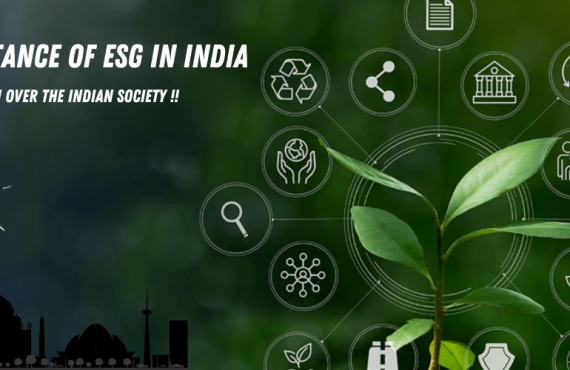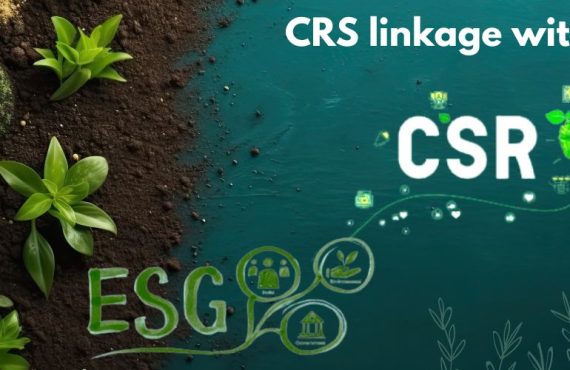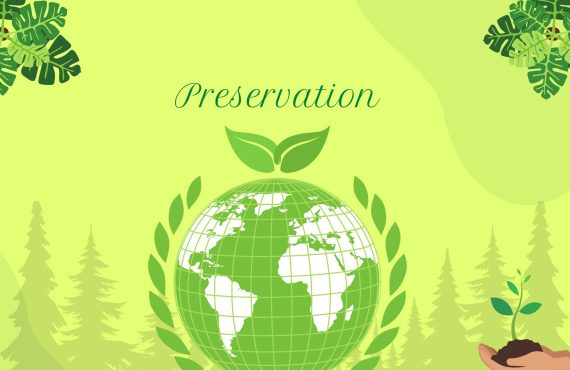🔥 Extreme Weather Is the New Normal
Heatwaves in February. Flash floods in deserts. Snowstorms in cities that barely saw frost. Around the world, the weather is turning unpredictable—and dangerous. These events are not isolated incidents; they are part of a larger pattern driven by climate change.
Scientists now agree: climate change is no longer a distant threat. It’s happening here and now.
🌡️ The Reality of a Warming Planet
The Earth’s average temperature has already risen by more than 1°C since the pre-industrial era. That might not sound like much, but it’s enough to disrupt weather systems, natural ecosystems, and our everyday lives.
- More moisture in the air leads to heavier rainfall and flooding
- Warmer oceans intensify hurricanes and cyclones
- Shifting patterns mean longer droughts, erratic monsoons, and extreme heat
We are already seeing the effects—and they’re escalating.
🇮🇳 Climate Change in India: A Wake-Up Call
India has been facing the brunt of climate disruption.
In March 2023, parts of North India recorded temperatures above 40°C—far earlier than the usual summer heat. The result? Strained power grids, water shortages, and rising health concerns.
A few months later, Himachal Pradesh and Uttarakhand were hit by flash floods and landslides caused by record-breaking monsoon rains. These extreme events are not just nature’s fury—they’re signs of deeper climate imbalances.
Agriculture, water security, and urban life are all at risk due to these shifting weather trends.
♻️ The Plastic Crisis: A Silent Climate Contributor
While emissions and fossil fuels often dominate climate talks, plastic waste is another significant threat.
- Clogged drains from plastic cause urban flooding
- Open burning of plastic emits harmful greenhouse gases
- Improper disposal creates long-term pollution and health hazards
🌐 What’s the solution?
Stronger Extended Producer Responsibility (EPR) frameworks.
This means holding companies accountable for the plastic waste they generate. It’s about creating systems where cleanup isn’t a one-time effort—but a continuous, sustainable responsibility.
🔄 The Circular Economy: Redesigning Our Future
Unlike the traditional “take-make-dispose” model, the circular economy focuses on:
- Reusing products and materials
- Recycling waste into valuable resources
- Redesigning goods to last longer and create less waste
From turning plastic waste into building materials to companies reclaiming packaging, circular solutions are already making a difference—and they’re key to climate mitigation.
🌱 The Impact on People—and the Path Ahead
Climate change doesn’t just affect the environment. It touches every aspect of human life:
- Public health: rising heat increases disease risks
- Economy: agriculture and infrastructure face growing challenges
- Migration: disasters are displacing communities across regions
But there’s good news: Solutions exist.
- Investing in renewable energy
- Building climate-resilient infrastructure
- Embracing circular economy models
- Promoting green innovations at every level
✅ The Time to Act Is Now
We can’t control the weather—but we can control how we respond to it. Climate change is real, it’s here, and it’s reshaping our world. But with collective action, policy shifts, and sustainable practices, we can build a future that is resilient, equitable, and hopeful.
Let’s stop waiting for change and start creating it.


